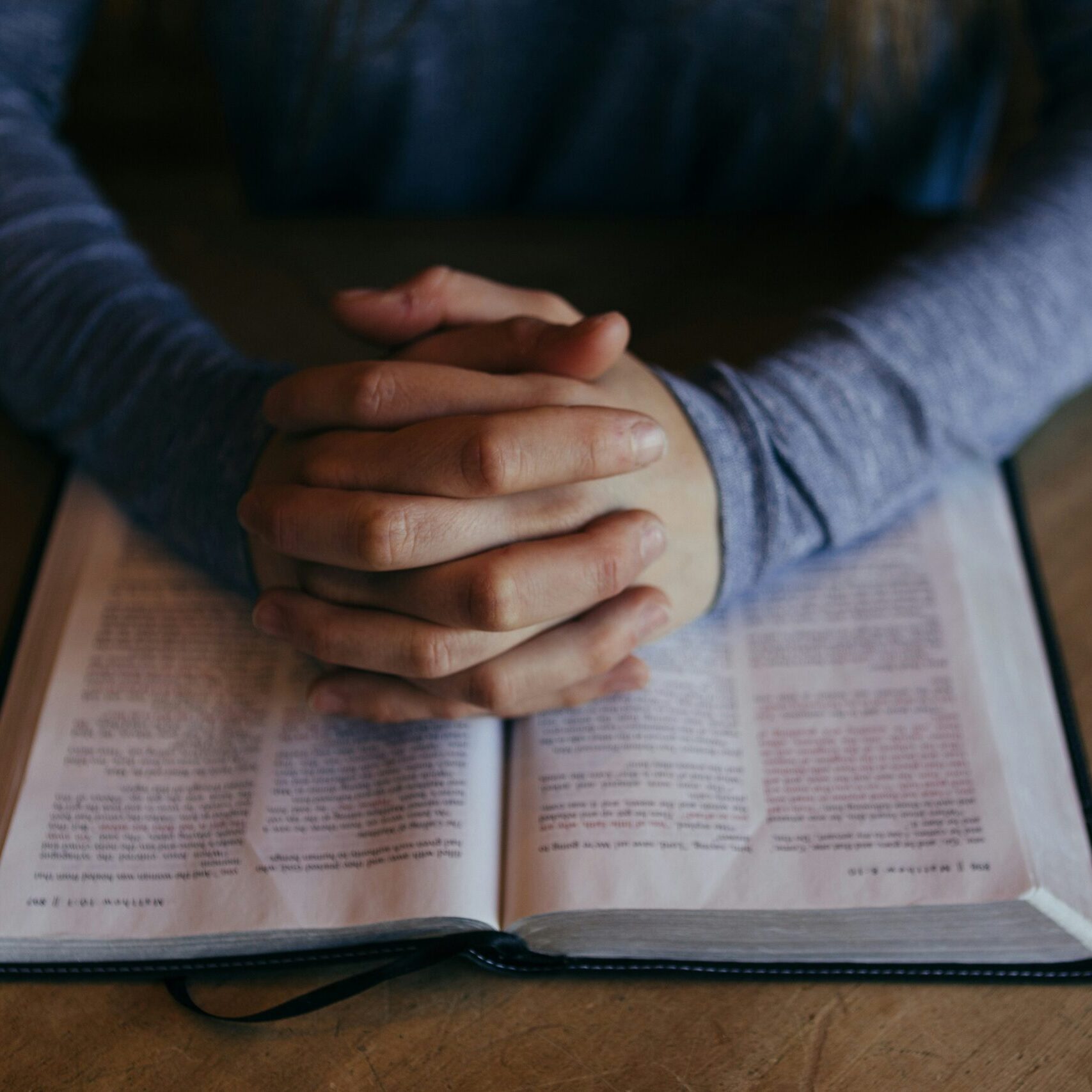Half Naked Or Half Dressed?
 For this year’s study break, the fam is studying through Ephesians together. What a great book for my kids to consider. After dinner tonight, we worked our way through the first 14 verses of chapter one. What huge leaps their self-esteem can take when they soak on their Godly adoption, redemption, guarantee of the Holy Spirit, and reality of being a possession of God.
For this year’s study break, the fam is studying through Ephesians together. What a great book for my kids to consider. After dinner tonight, we worked our way through the first 14 verses of chapter one. What huge leaps their self-esteem can take when they soak on their Godly adoption, redemption, guarantee of the Holy Spirit, and reality of being a possession of God.
We also talked about cutting in our conversation. Sherry and I saw a news story late last night on teens who cut. I asked my kids if they knew anyone who cuts. They did. When asked why, my brood believed some kids didn’t feel loved, and want to mask their pain. There’s something going on, according to Scott siblings, in a cutter’s life where pain was a better, quicker, substitute to reality.
Our world is broken, and not what God originally intended. I’m reading through Genesis this break with thoughts of doing an eventual series. Placing God as the genesis and firm foundation for everything would certainly be a great path towards redemption, healing, and restoration as a part of God’s great story.
It’s amazing to see the freedom Adam and Eve enjoyed pre fall in Genesis 1 & 2. What kind of security, freedom, and great self-esteem did those two ancestors have to be walking around buck naked like they did? I love what Donald Miller says: “The only descriptor we have of man before the fall is their identity was so wrapped up in God they could walk around naked and not know it. Can you imagine? I am so insecure I always know when I’m naked. I never go to the store and realize I forgot my wallet, and well, my clothes.”
No self-esteem problems there. No cutting. No brokenness. Just an identity engulfed in God and his incredible freeing love. As Miller so aptly writes, “They were so enamored with God, they were hardly aware of themselves.”
And so those sun bathers I saw today… Were they half naked or half dressed? Half naked would, perhaps, mean they were so enamored by God, they were hardly aware of themselves. Hmmm. I don’t think that was it. Thank God they WERE dressed, even if was just half (see inserted Google image). However, I would guess this was an enamoring of themselves so deep, there wasn’t much care given to what anyone or God thought. That’s different. That’s broken. That’s our world we live in. As Os Guinesss writes, “Open minds have left us empty-headed. Tolerance is now indistinguishable from believing nothing.” THAT is where we find ourselves these days.
How DO we live as Jesus followers today? That was the question a friend of mine was posing all last week at camp. My friend, Jason, is a fertility doctor. The state of Ohio looks to be going the route of same sex marriage recognition. Jason has deep convictions about homosexuality being a defined sin by God’s Word. Should he help propagate immorality by helping gay couples have babies? How should he live as a Jesus follower in a world that is so broken?
Our calling to serve, love, speak truth in love, and live out an EPIC gospel story to a broken world still remains, no matter what culture may dish out. Things and people are so broken, and yet the gospel of Jesus has never stopped being relevant. How we serve brokenness is critical. The first five chapters of “Toxic Charity” has reminded me of this. “Relationships built on need tend to be short-lived,” writes Robert Lupton. “Relationships built on need do not reduce need. Rather, they require more and more need to continue.”
Whether it’s a sinner needing grace, a jobless man needing skills training, or a homeless family needing restoration… HOW we give and help in ways that preserve dignity and encourage parity instead of charity is a critical component of God’s calling on our lives.
With all our restoration ministries we are launching at CCC, determining our toxicity and pre-determined outcomes is a necessity of leadership. HOW we serve broken people is critical. Lupton lives in Atlanta, and would be a good lunch for me to pick up the tab. Lupton suggests this oath for compassionate service: 1. Never do for the poor what they have (or could have) the capacity to do for themselves. 2. Limit one-way giving to emergency situations. 3. Strive to empower the poor through employment, lending, and investing, using grants sparingly to reinforce achievements. 4. Subordinate self-interests to the needs of those being served. 5. Listen closely to those you seek to help, especially to what is not being said — unspoken feelings may contain essential clues to effective service. 6. Above all, do no harm.
Above all, do no harm. God help us to help, and do no harm. May we have the spiritual fortitude to meet needs and elevate assets simultaneously with your broken creation.
(ask me about a great idea for Christmas that’s not toxic, but rather elevates those hurting people we want to love and serve…)



